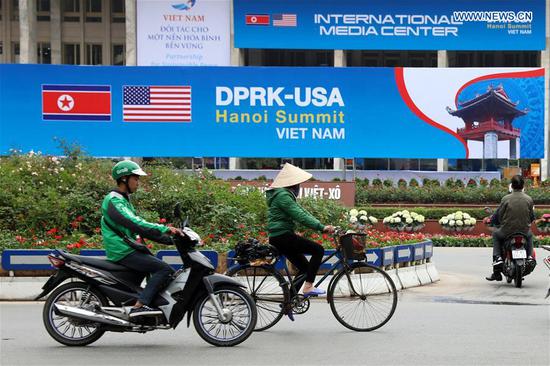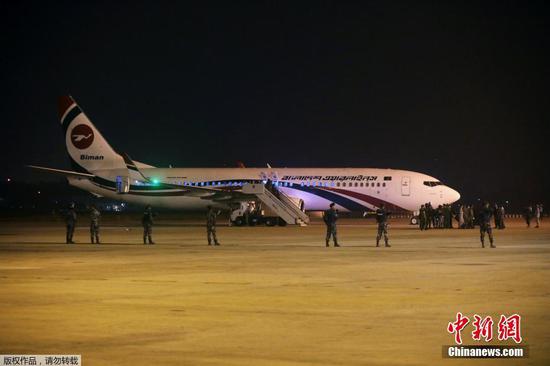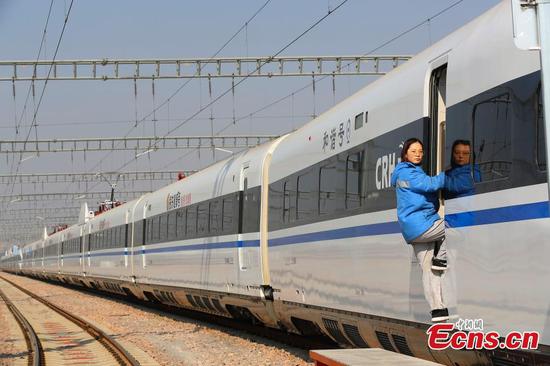China's top legislature will vote on its draft Foreign Investment Law at its annual plenary session next month. The new bill streamlines existing rules and responds directly to major concerns and needs of foreign-invested enterprises.
As China continues to open up, foreign investors are holding greater expectations for the burgeoning Chinese market.
Last year, BMW AG became the first to announce its plan of securing its Chinese joint venture BMW Brilliance by increasing its stake to 75 percent after China announced it will phase out all equity caps in the auto sector in five years.
Now the newly proposed law on foreign investment seeks to strengthen the confidence of foreign investors by removing hurdles to access the market and certain sectors.
Investment protection and equal footing are also key issues addressed by the new rules.
Masato Matsuyama, the general manager of All Nippon Airways' Dalian branch and the chairman of Dalian Japanese Chamber of Commerce and Industry, recognizes the Chinese government's steps to ease restriction and inconvenience for foreigners doing business in the country.
Matsuyama gave an example of one provision in the draft that allows businesses to freely repatriate their profits. He expressed belief that investors should not worry about investing in China as the new law underlines protection of intellectual property rights.
The new bill is also set to standardize preferential policies made at the local level. Experts believe the draft law, if passed and enforced, will ensure that foreign investment activities won't be affected by changing and vague local policies. They note that the new system will provide a more stable, predictable environment.
In Dalian's Jinpu New Area, that will benefit over 5,000 foreign firms. Ma Xiulian, the deputy director of the new area's Bureau of Commerce said the local government would intensify their effort to attract foreign capitals according to the new law and national free trade zone policies.
"It gives confidence to investors while also improving the quantity and quality of our foreign investments, boosting regional development," she added.
By November 2018, a total of 950,000 foreign-funded companies had altogether brought in over two trillion U.S. dollars, which is a major driving force in China's rapid development. To continue the momentum, it remains to be seen how the good initiative will play out in practice.


















































